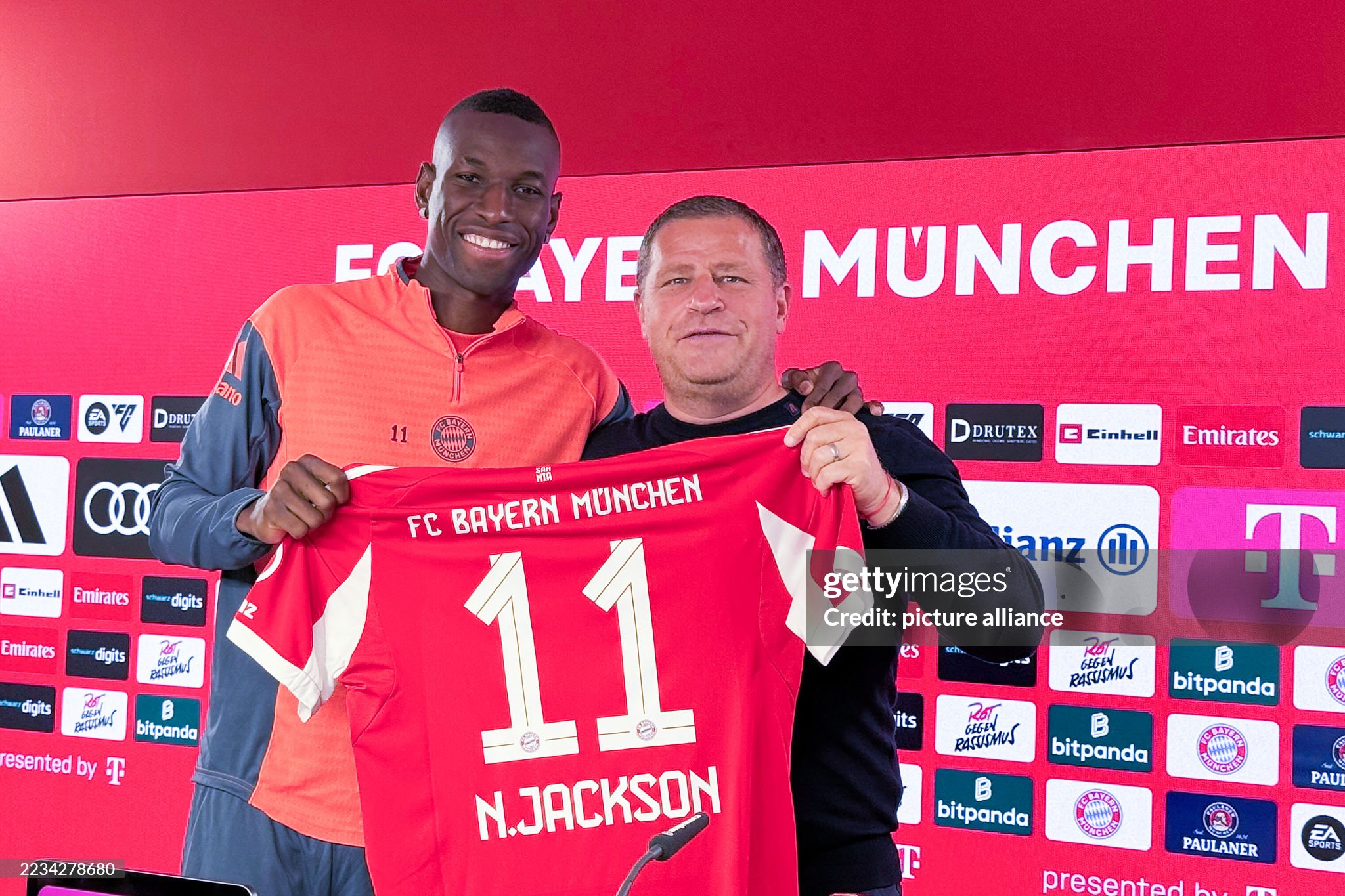FIFA is closely monitoring reforms in Spain’s refereeing system. While it welcomed transparency measures, it strongly questioned LaLiga’s appointment of coach Gregorio Manzano to the referee designation committee, breaking with the tradition of using only former referees.
The Technical Committee of Referees (CTA) in Spain has been at the center of major structural and regulatory changes in recent months, reforms that have not gone unnoticed by FIFA.
The governing body of world football has been monitoring the developments closely, especially in the wake of growing international pressure for more transparency and accountability in refereeing decisions. Among the measures introduced, one of the most notable has been the public communication of both correct and incorrect referee calls, a move designed to improve trust in the system and reduce controversy surrounding officiating in LaLiga. FIFA has welcomed such steps, seeing them as aligned with the global trend toward greater openness.
However, not all changes have been well received in Zurich. There is one adjustment, in particular, that FIFA considers unusual, and it is one that escapes the direct jurisdiction of the Spanish Football Federation: the appointment of a coach to the referee designation committee. Traditionally, this committee has been made up exclusively of former referees, individuals with first-hand knowledge of the pressures, mechanics, and technicalities of officiating. The sudden inclusion of a coach, Gregorio Manzano, has raised eyebrows within FIFA, who question the reasoning and necessity behind such a decision.
Gregorio Manzano is a well-known figure in Spanish football, having managed clubs such as Atlético Madrid, Mallorca, Sevilla, and others over a long career. His presence on the CTA’s referee designation committee stems from a provision in Spanish sports law, which grants LaLiga the right to appoint one of the three members of the body. In the past, this power had been exercised to place experienced former referees in the role, with Puentes Leiva being the most recent appointee, and before him, notable names like Daudén Ibáñez and López Nieto. By opting for a coach rather than a retired referee, LaLiga has taken a new path one that FIFA sees as a break from established practice.
From FIFA’s perspective, the problem is not personal there is no objection to Manzano himself as an individual but rather institutional. The concern lies in the precedent it sets: allowing a coach, who represents the perspective of those being refereed, to play a part in deciding which referees are assigned to which matches. FIFA views this as a potential conflict of interest and a dilution of the principle that referee designations should be the domain of those who have lived the refereeing profession. The logic is simple: ex-referees bring neutrality, technical understanding, and empathy for the difficulties of officiating, while a coach could, even unconsciously, bring biases based on his background in team management.
Nevertheless, within Spain, the appointment has been defended on legal and procedural grounds. LaLiga has the statutory authority to nominate one member, and this time they exercised that right in a different manner. Supporters of the move argue that having a coach’s perspective on the committee could, in fact, enrich the process. Coaches understand tactical approaches, player psychology, and game dynamics from a different angle than referees, and this insight might add a layer of balance when evaluating match contexts and referee suitability.
It is also important to note that while Manzano has a voice and a vote on the committee, he does not hold ultimate authority. That responsibility lies with Fran Soto, the current president of the CTA. After each match, Soto reviews not only the results but also the performance ratings of referees, compiled from the detailed assessments of observers. These evaluations feed into the process, and Soto has the final say in referee appointments. In this sense, the system retains a safeguard, ensuring that the ultimate decision-making power remains with an experienced refereeing authority rather than an external figure.
At the same time, the committee is not composed solely of LaLiga’s appointee. The current structure also includes Teixeira Vitienes, a former referee who was agreed upon by both the Federation and LaLiga. His presence ensures continuity with tradition, maintaining the expertise of those who have officiated at the highest level. The mix of backgrounds ex-referees, federation officials, and now a coach is intended by Spanish authorities to create a more plural system.
Still, the optics remain problematic for FIFA, which fears that the Spanish model could encourage similar moves elsewhere. If other leagues were to follow suit, committees could become politicized, with appointments influenced by club or league interests rather than neutral evaluation. For FIFA, safeguarding the independence of refereeing is a cornerstone of credibility, particularly at a time when trust in officials is under strain worldwide due to controversies involving VAR, penalty decisions, and offside technology.
The debate around Manzano’s appointment is, therefore, more than a Spanish domestic issue. It touches on the broader question of who should govern refereeing and how to balance transparency, accountability, and independence. For now, the experiment will continue, with FIFA watching closely. Whether this blend of perspectives strengthens Spanish refereeing or undermines its neutrality remains to be seen, but one thing is certain: the role of referees and those who oversee them has never been more scrutinized.







